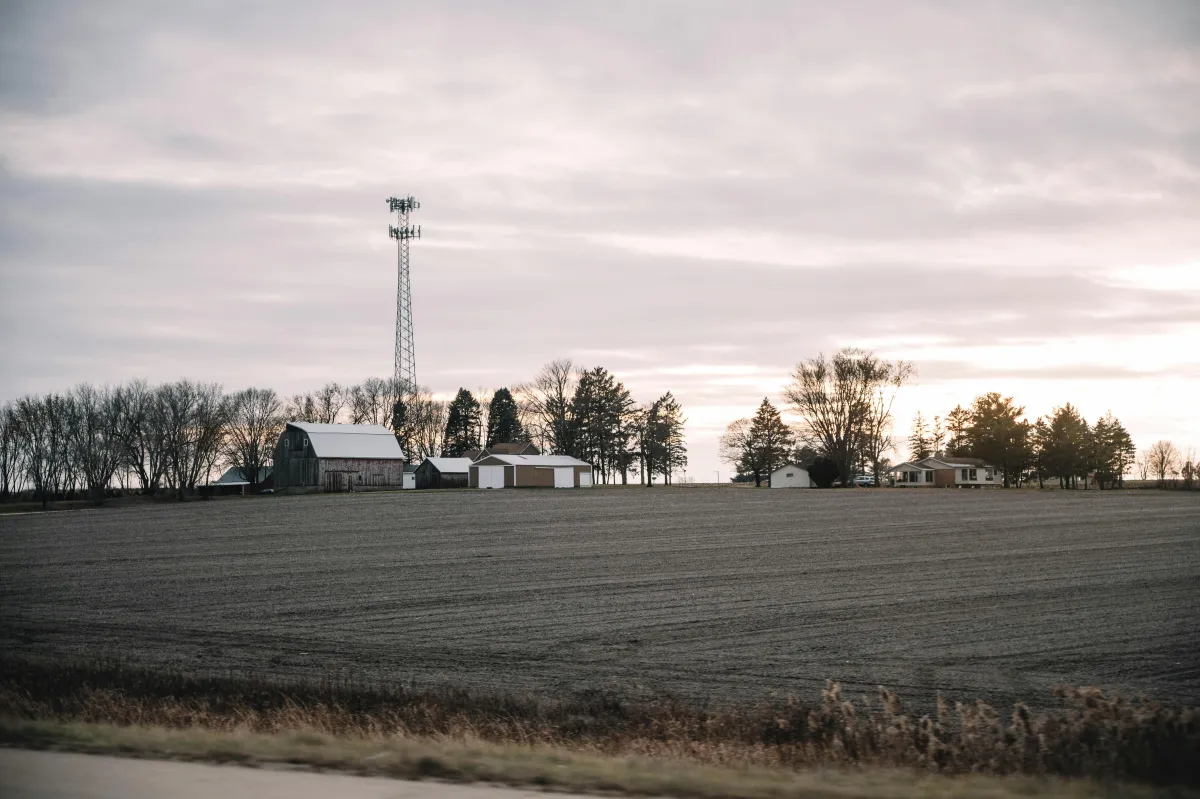
What Happens at the End of a Solar Lease? Land Restoration Explained
For many landowners considering a solar lease, one of the biggest questions is: what happens when the lease ends?
When you lease your land to solar developers for a period ranging from 25 to 40 years, you need assurance that the property will be restored properly and maintain its value for future generations.
Solar energy projects operate on temporary leases, which include comprehensive restoration plans to return the land to its initial condition as stated in the contract. If you comprehend the decommissioning procedure, along with land restoration methods and available choices after your lease expires, you can make informed long-term decisions benefiting both your land and family.
Understanding the Decommissioning Process
The solar company has to take off both the equipment and restore the land once the solar lease period finishes. The lease agreement details decommissioning, which guarantees your land remains in good condition after the process.
Key Steps in the Decommissioning Process
The solar company takes down all solar panels and related equipment, including racking systems, inverters, transformers, and underground cables.
The majority of system components, such as panels and metal racking, go through recycling processes, which help to minimize environmental impact.
The process involves fixing soil compaction and restoring grading to its original state prior to construction.
The land undergoes reseeding with native vegetation or returns to its previous use for farming, grazing, or conservation.
The solar company finances the entire restoration process, so landowners won't have to pay for it.
Contracts Ensure Proper Land Restoration
A decommissioning clause must be part of every solar lease because it legally requires the company to return the land to its former state. Landowners get firm agreements from K2 Renew, which provide essential protections.
The leases for solar projects frequently incorporate decommissioning bonds or escrow accounts, which secure land restoration funds even if the solar company fails.
The decommissioning timeline in contracts determines how much time the company has to finish their responsibilities after the lease termination.
The agreements mandate appropriate management of soil and drainage, along with impacted areas, to secure the land's future usability.
You can rest assured that your land will remain in excellent condition after your solar lease concludes because of these protective measures.
The Future of Your Property
After removing the solar farm, landowners can choose various paths for utilizing their property.
Option 1: Return to Farming or Ranching
After their lease expires, landowners often transform their property back into agricultural land. Land often shows improved condition after the solar lease because of several beneficial changes during the lease period.
The soil becomes more fertile because it recovers from reduced tilling and limited chemical usage over decades.
Solar farms manage soil preservation through ground cover planting, which stabilizes the soil to reduce erosion.
When you resume farming activities, K2 Renew will assist you in incorporating soil conservation measures into your lease agreement to maintain land condition.
Option 2: Choose Between Renewing Your Existing Solar Lease or Entering Into a New Agreement
Landowners receive offers to renew their solar lease terms or extend them because of rising energy demands. Renewing a solar lease provides families with ongoing passive income, which helps them sustain financial stability.
Another company might be interested in developing a new project on your land if the original solar developer moves on. K2 Renew assists landowners in assessing various options to enhance their long-term benefits.
Option 3: Owners Can Repurpose Their Property for Conservation Initiatives or Different Applications
After their solar lease expires, many landowners choose to repurpose their property for conservation purposes or recreational activities.
Transforming old solar sites into native grasslands, forests, or wetlands helps to bolster biodiversity.
Landowners generate extra revenue by transforming their property into designated hunting areas, fishing ponds, or eco-tourism attractions.
As the property stays under your ownership, you maintain full discretion to determine optimal decisions for your family and future descendants.
Common Concerns About Land Restoration
When solar leases end, landowners frequently need information about the subsequent steps involved. K2 Renew addresses common concerns by ensuring positive outcomes for landowners.
Does the Company Commit to Equipment Removal Once Obligations Are Fulfilled?
Yes. Lease agreements establish legal requirements for removing infrastructure, and decommissioning funds are reserved to ensure adherence to these requirements.
What’s the Damage to the Soil?
None. Solar farms protect soil from overuse, which results in landowners discovering improved soil health and increased fertility at lease termination.
Is it Possible to Terminate the Lease Early?
While solar leases represent extended commitments, K2 Renew makes sure landowners fully comprehend their available choices before entering into agreements. There may exist lease buyout options for certain agreements.
Planning for the Future of Your Land
Choosing a solar lease represents a long-term financial commitment affecting multiple future generations. Successful land management requires understanding your long-term options and choosing a trusted partner who values your land’s future.
K2 Renew helps landowners:
Work with K2 Renew to establish strong decommissioning terms that ensure complete land restoration.
The lease agreement must safeguard both soil health and water quality standards.
Identify post-lease strategies that deliver both financial gains and environmental sustainability.
Through proactive planning, you can protect your land as a valuable resource for future generations, whether you resume farming activities, extend leasing agreements, or pursue novel opportunities.
Secure Your Legacy with Confidence
The conclusion of a solar lease agreement holds equal importance to its initiation. Solar leasing becomes a safe and wise option for your family when you choose suitable lease terms and implement both a land restoration plan and long-term strategic planning.
Would you consider a solar lease option that safeguards both your property and family heritage? Reach out to K2 Renew now to discover our process for a seamless transition throughout your entire lease period.